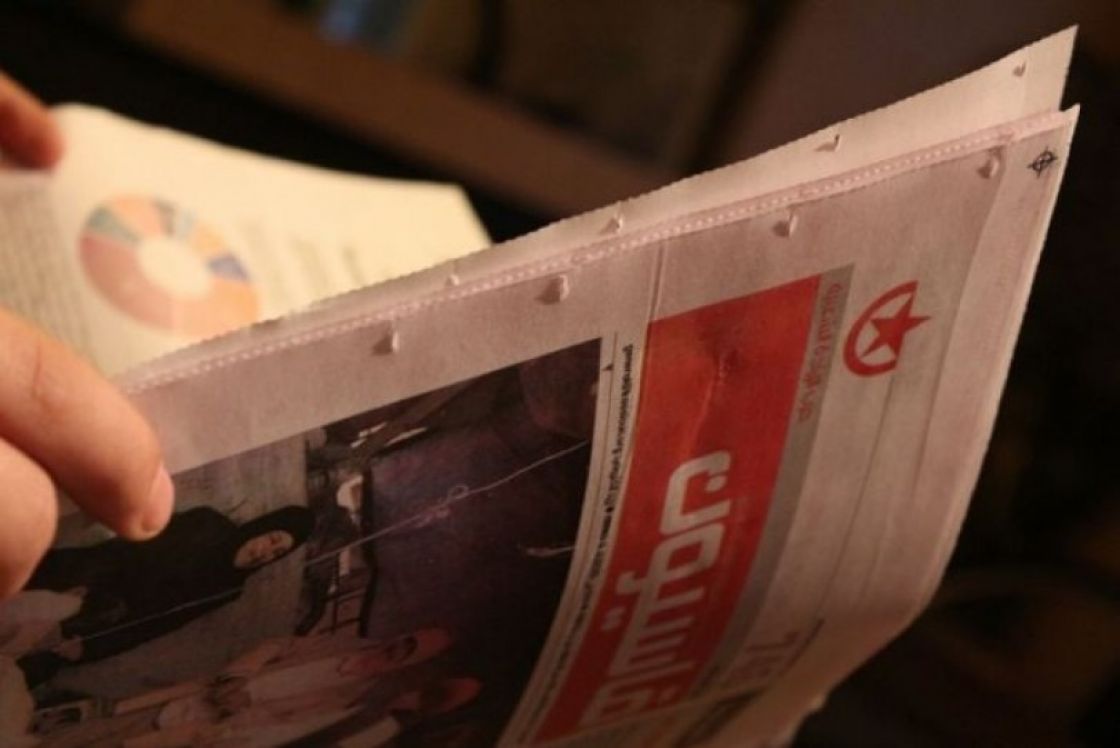- Editorials
- Posted
Hardline Positions are Deadlocked
Observers of evolution of the Syrian crisis since 2011 have noticed that any hardline position taken by any side has always led to equally hard line ones from the other side, so that the law of action and reaction was the predominant and determining factor in directing the development of events.
The roots of fanaticism can be traced back to the concept of “Quell vs. Overthrow”, i.e. while the opposition hardliners raised the slogan of overthrowing [the regime by force], without regard to the internal and international balance of power, the regime on the other side, raised the slogan of the militarily quelling [the opposing uprisings], without considering the level and magnitude of contradictions in the country, the necessities of change, and the international and regional climate which was formed after protest movements began in many countries in the region.
The first result of this situation was a sharp split in the country on the basis of these two unrealistic options, which opened the door wide to internationalization of the Syrian crisis, and allowed fascist terrorism – as an arm of the international fascist forces functioning to fragmentation of States and countries – to expand and threaten the existence of the Syrian state.
Today, in the circumstances of the international and regional consensus that political solution is the only option for solving the Syrian crisis, and after all parties recognized that there are no military solutions, the extremism continues in another way, within the circle of the political solution itself, and perhaps the most prominent manifestation of its continuation is the preconditions and priorities that each party tries to impose on the negotiation table and on the political process.
If the previous failed phenomenon of hardline adherence, which was manifested in the attempts to “quell and overthrow”, are in conflict with the balance of power and have reached a dead end, today's hardline position, manifested in preconditions, not only violates the balance of power, but also the logic of the political solution itself, which cannot be achieved except on the basis of consensus and mutual concessions. As the hardening in its first form drew a counter-hardening, the preconditions today – from any party – will serve as an argument and pretext for the other party to put forward preconditions. This essentially means the destruction of the adopted road map of the solution, i.e. the International Resolution 2254, and an attempt to abort the political process proactively. This is one of the rare occasions in the history of conflicts and wars, wherein hardliners on the two sides of the conflict provide mutual service to each other.
Anyway, it is clear that the only option remained for the hardliners is to retreat, because of two fundamental factors: On the one hand, their stubbornness clashes with the insistence of the ascending international powers to reach a political solution through an integrated and accelerated diplomatic and military effort. It also clashes with the desire and interest of the majority of Syrians and their quest for salvation of the catastrophe that afflicted their country. If the initiative was in the hand of the hardliners in the early years, the one who is taking the lead today is the forces of political solution, and whose positions are further strengthening. They are the forces which are determining the course of events today, removing obstacles one by one, and pushing the process forward, despite all attempts of obstruction. The forces of political solution have now a lot of tools to secure Syria's exit from the labyrinth of crisis; preserve the unity of the country; restore its sovereignty; stop the humanitarian disaster; eradicate terrorism; and achieve radical and comprehensive national democratic change.
Kassioun Editorial, Issue No 826, September 01, 2017.


